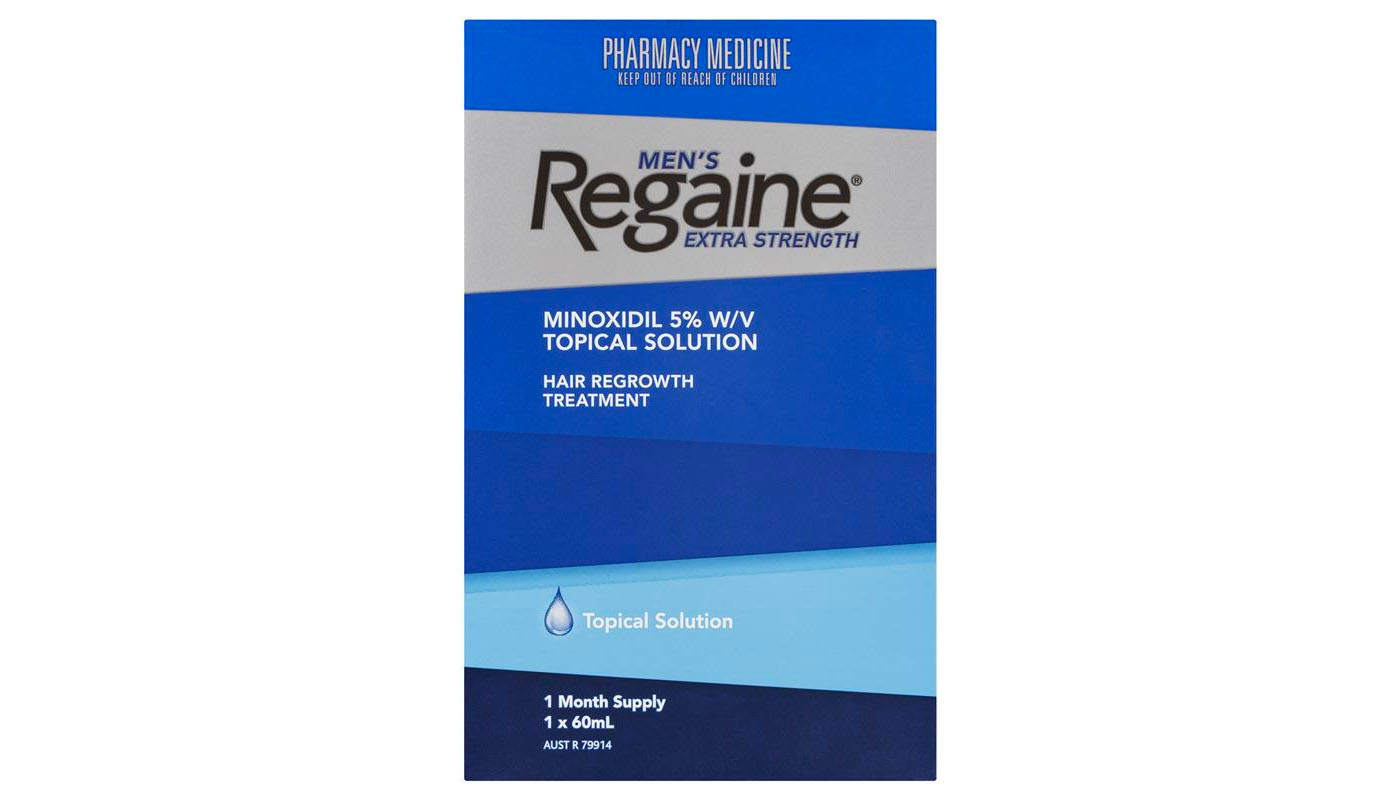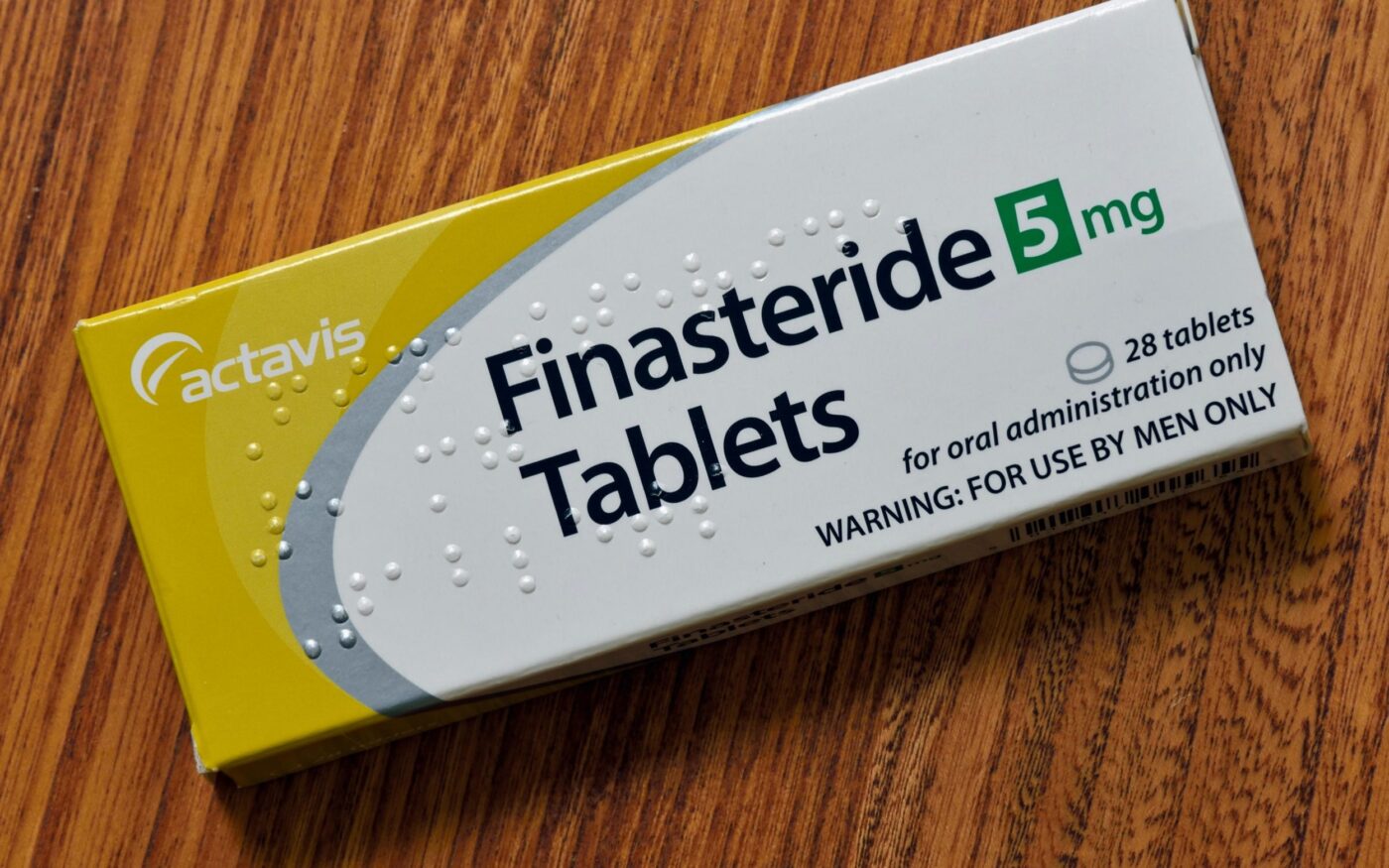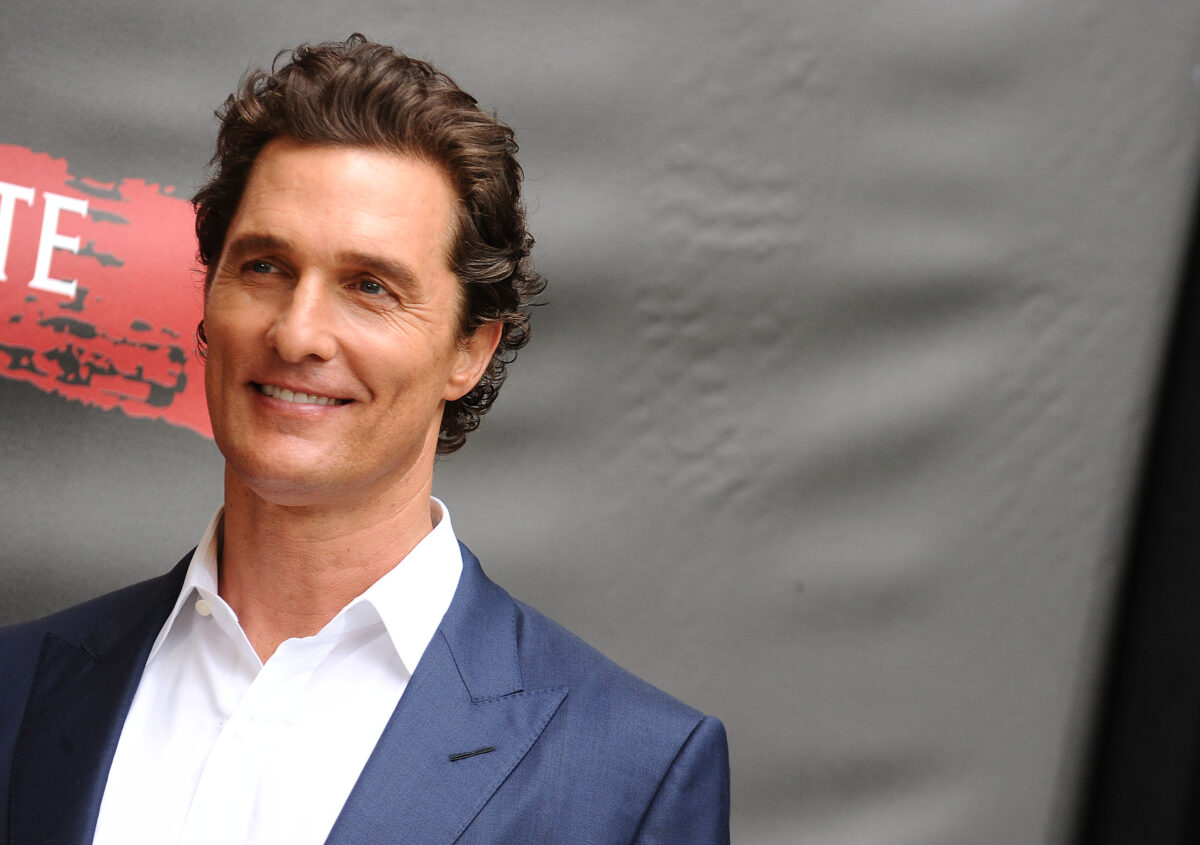It’s the bane of every ageing man. Hair loss. By the time most men hit thirty they can expect to experience some form of a shifting hair cycle. This, unfortunately, includes the futilities of thinning hair.
Not everything is constant in the human body though. External factors can sometimes lead men to lose their hair faster than nature intended and today we’re outlining a few of these scenarios which should help men identify which category their hair loss is falling into – alongside preventative measures you can take.
Quick disclaimer: Hair loss cannot be solved with a magic pill or tonic (sorry Homer fans). It takes patience and consultation to identify the source of the problem causing your hair loss. Only then can the right remedy be applied to rejuvenate those fallen follicles.
Causes Of Hair Loss
Hair loss can come in various forms which are both naturally occurring through genetics or self inflicted.
The latter form of hair loss falls into three distinct categories:
Alopecia Areata – This is the sudden loss of large clumps of hair around your scalp
Telogen Effluvium – This is the most common condition amongst those who stress, causing more hairs than normal to fall out
Trichotillomania – This is a psychological condition which sees a person pulling out their own hair without realising
With Telogen Effluvium being the most common form hair loss occurring in men after genetics, it’s important to know what you’re up against. The condition occurs when the body stops giving orders to grow more hair than usual. Hairs possess a growing lifecycle of two years before they stop and fall out two months after stop growing.
When the body orders more hairs than usual to cease growing, more hair will fall out two months later. If you’re losing hair from stress then you can reserve some relief in knowing that it can be rejuvenated with some T.L.C and a lot of patience.
Men who have the natural bald gene will find it harder to fight the effects but can go for remedies to slow down the inevitable process or more drastic options which have also been outlined here.
The cardinal rule must be reiterated though. Any hair loss is still considered hair loss so seeing a doctor or specialist about its effects is paramount in accordance to these helping solutions.
Nutrition & Diet
The most fundamental way to combat hair loss is through the foods you consume.
It might not be a sole saving grace to hair loss but there’s proof that a bad diet can starve your hair of the nutrients and protein it needs to strengthen hair. In other words, eat good fats like avocados and protein-rich foods such as chicken, fish, eggs and spinach.
These are all great sources of B vitamins which can affect the formation of hair cells and hence growth.
Get The Right Amount Of Sleep
Lacking sleep may have been a piece of pie during your younger days as a student but as you age the amount of rest you your body receives has a direct correlation to its health.
Getting in 7-8 hours a night is a good benchmark as it helps the body regulate hormones, hormones which helps to repair and regenerate hair. If you’ve been stressed at work or anything due to personal issues, this can affect your sleep patterns and in turn cause an internal disturbance.
Laser Light Therapy

Laser treatments, whether at home or in a clinic won’t help you grow new hair. Rather they help the remaining follicles strengthen through stimulating blood flow on the scalp. The downside to laser therapy is that the procedure needs to be repeated on a regular basis until results arise. Other than that it doesn’t leave any scarring behind and will suit guys who have experienced some excessive shedding and want to save their remaining strands.
Minoxidil

Also known as Regaine, Minoxidil is one of two FDA-approved drugs designed for hair loss. What it does is help slow down the hair loss process. The only downside is that if you stop taking the drug you’ll lose any hair you’ve grown. The side effects of Minoxidil can include itchiness and chest pain. They are also readily available from chemists across Australia.
Finasteride

If you want to stop male pattern baldness relatively in its track then get onto Finesteride. The drug was originally used for shrinking the prostate, then patients suddenly grew hair. The team here at DMARGE have been using Finasteride or Proscar as it’s commonly called for years. Some side effects include sexual dysfunction.
